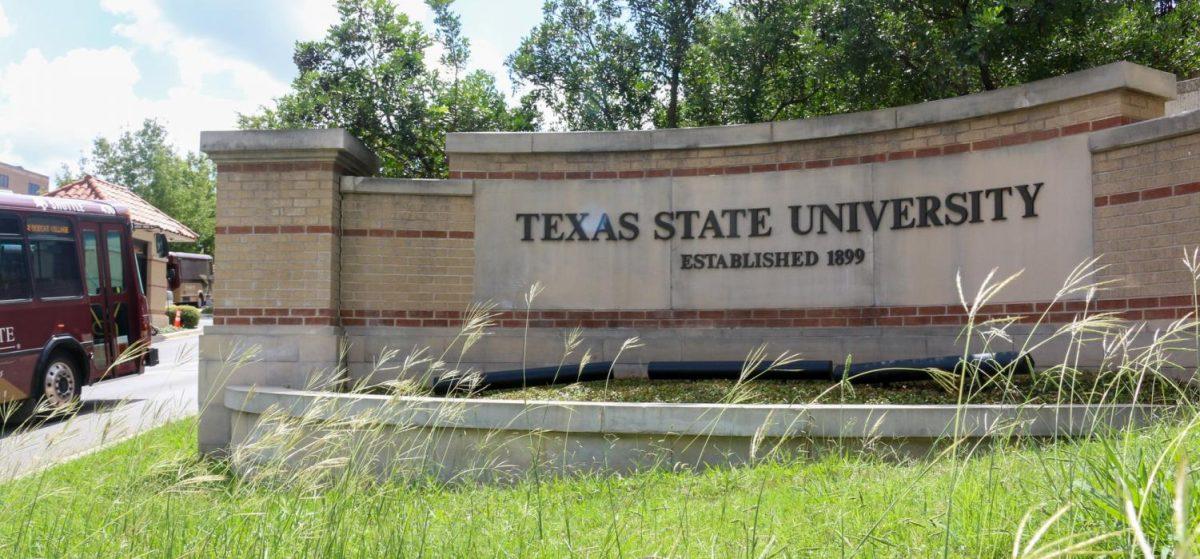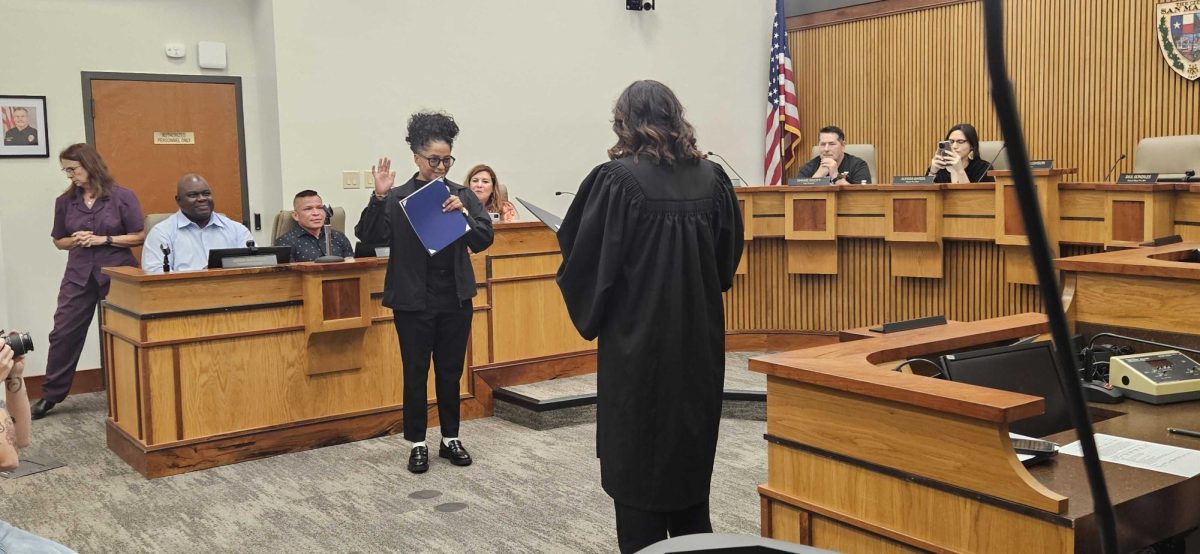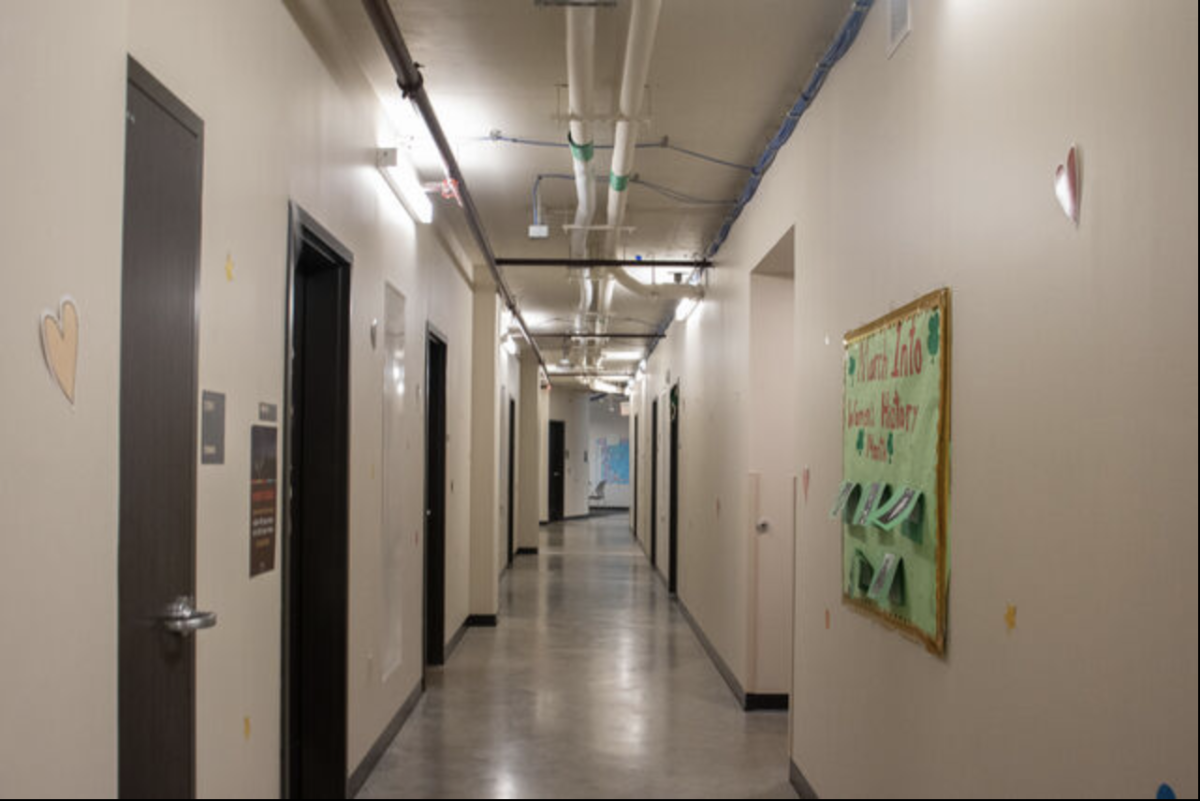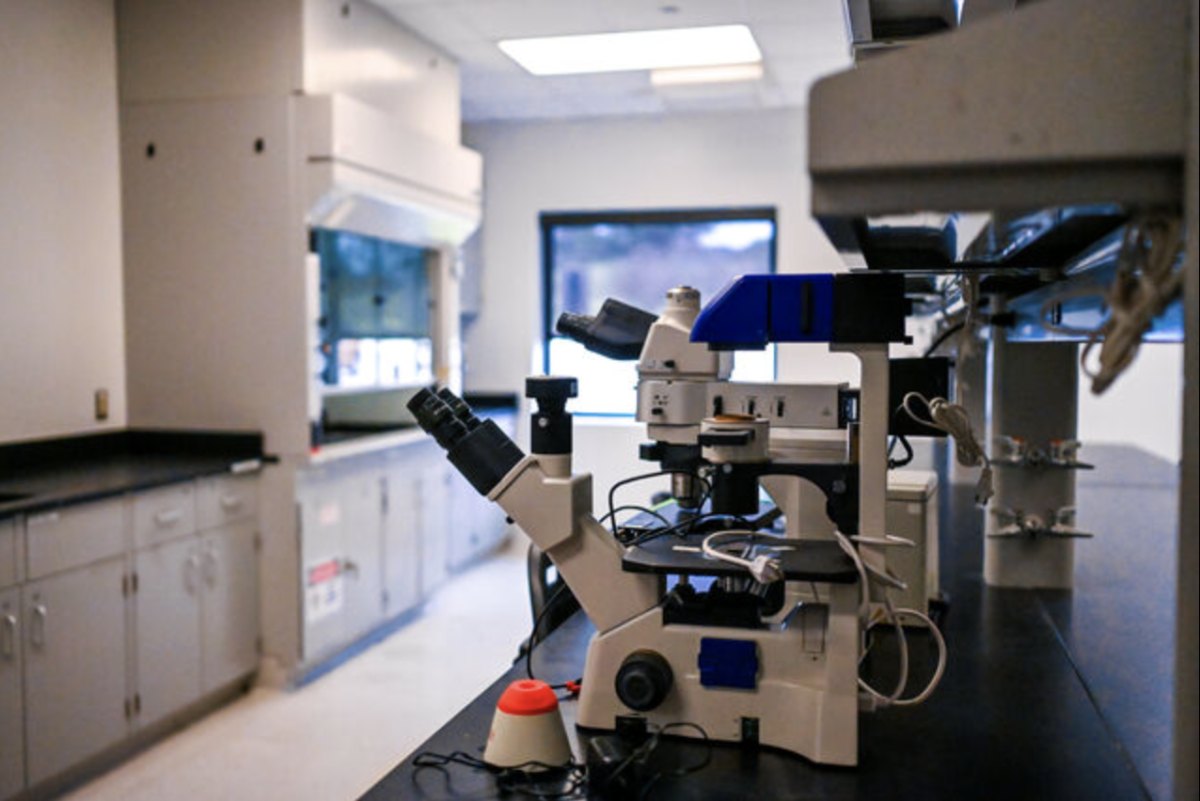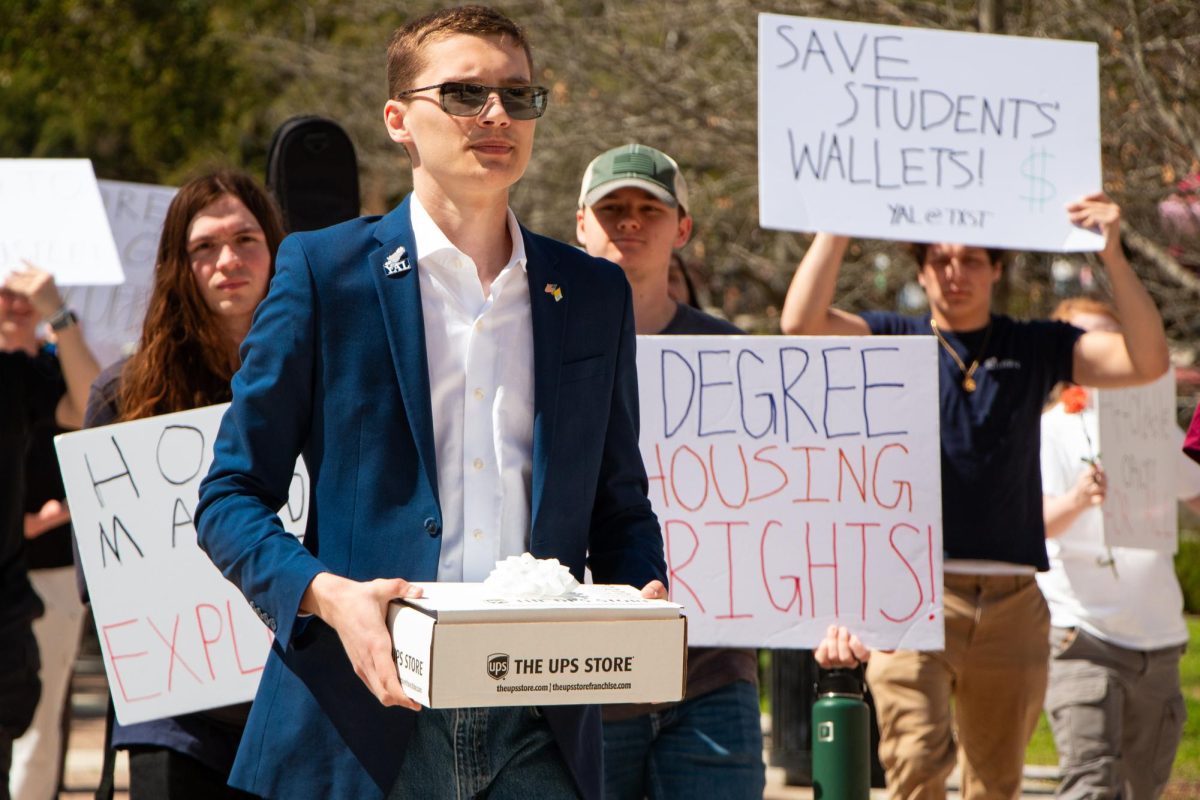Texas State’s Staff Council addressed concerns involving the current state of remote work agreements Dec. 8 and proposed suggestions aimed at supervisors and department heads to improve the functionality of the agreements.
The university’s remote work policy has granted faculty and staff the opportunity to perform normal work duties away from an employee’s usual work location for an occasional or short-term time period. An employee must receive prior approval from her, his or their department head to work remotely.
Staff Council Chair Noel Fuller says remote work agreements have been a significant component within various departments and in staff member roles; however, the current state of the agreements has faced growing concerns over the reporting requirements and the number of inconsistencies with individuals completing work logs.
“We’ve had staff members come forward and say they feel like they’re spending more time creating these work logs that have these real specific details down to the minute of where people are being and things like that, and that’s happening in certain areas but then you have other areas where it’s more generic,” Fuller said. “It’s tough because you have these different offices that are approaching it differently, and [it’s] hard to really get a good quantifiable component to really show that remote work is being effective and it’s productive when you don’t have that consistency.”
Staff Council Treasurer Natalie Davis says it is important to consider the existing issues in departments that may have already had difficulties with staff members before remote working agreements, which could be the reason why there are differences in work performance reporting.
“There’s no real expectation of how do you deal with personnel issues in that instance when a remote work agreement may be needed,” Davis said. “It says you can take it away, but there’s not a lot of guidance about how to council an employee through that right now, so there are times where those detailed blocks are necessary.”
University employee Jessica Pace says the inconsistency in reporting work performance highlights the reality that there is not enough targeted management or supervisor specific training at the university that shows supervisors how to guide employees on certain tasks or direct them on what to do when an employee needs to be put on a performance improvement plan.
Pace suggests the university’s human resources department could send out surveys to receive feedback on supervisor performance and what the university can work to train them on.
In addition to addressing concerns related to the university’s remote work policy and supervisor suggestions, the council also moved forward with expanding the Rodrigo Rodriguez Outstanding Custodial Award.
The expansion will increase the selection of custodial award applicants. The council’s Scholarships and Awards Committee recommended expanding the custodial award to include all members of service in skilled EEO (equal employment opportunity) job categories, which include electricians and carpenters.
“By adding in those additional folks, that increases the pool of individuals that we can potentially select from by over 200 potential recipients,” Fuller said. “I think this will be a great opportunity to really advocate and recognize some staff members that normally don’t necessarily get that same level of acknowledgment in their positions.”
Texas State’s Staff Council meets on the second Tuesday of every month. For more information on meeting agendas and minutes, visit the council’s website.
Categories:
Staff Council raises concerns over remote work agreements
Brianna Benitez, Life and Arts Editor
December 9, 2020
0
Donate to The University Star
Your donation will support the student journalists of Texas State University. Your contribution will allow us to purchase equipment and cover our annual website hosting costs.
More to Discover



